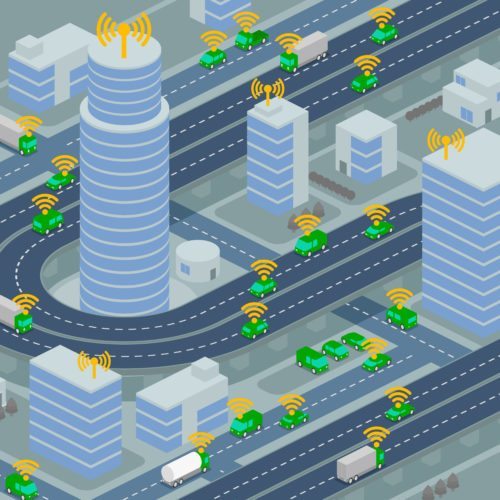Self-driving cars aren’t the only computers on the road. Conventional cars today are equipped with software and the Internet that not only help drivers stay connected but also collect driver data.
Manual, Semi-Automatic, or Automatic Transmission?
Advances in car technology and the data that modern cars collect has undoubtedly contributed to improving driver safety. Depending on individual company policies, car manufacturers tend to use driver data to assist in navigation, advise on trips, suggest restaurants, send servicing reminders and notifications, run diagnostics on the state of the car and send help in the event of an emergency.
But what about privacy concerns around data transmission?
Here are five facts about the data your connected car collects:
1. Federal Regulations are Undefined
Just like an airplane, modern cars are equipped with a kind of “black box” that records information in the event of an emergency. Under federal law, the driver is the sole owner of the information stored in their vehicle’s black box, and authorities and insurers require both the driver’s permission and a court order to access black box data.
While there are federal laws that regulate how authorities access driver data from the car’s black box, there are currently no federal laws that regulate how automakers access driver data over the car’s internet connection.
2. Third Party Sharing Requires Driver Consent
Since there are no federal laws or central body that regulate how driver data is shared, each company’s manual outlines each manufacturer’s unique policies on collecting and sharing driver data.
However, 20 auto manufacturers including GM, Toyota and Mercedes-Benz have voluntary agreed that they would not share driver data with third parties without the driver’s consent. The Alliance of Automobile Manufacturers was signed in 2014 but wasn’t effective until the 2017 model year.
“There are currently no federal laws that regulate how automakers access driver data over the car’s internet connection.”
Regardless of the voluntary Alliance, auto manufacturers still do not require driver consent to share driver data with emergency workers. Furthermore, driver consent is not required if the auto companies use driver data in-house for research or analytics.
3. Drivers can Theoretically Opt Out
Under the 2014 Alliance agreement, carmakers pledged to adopt transparency measures like providing drivers with information about the data collected and how they are being used.
Unfortunately, information on data policies or on opting out of them is not always easy for drivers to find (buried in the fine print, so to speak). For instance, driver manuals give general information on data collection, but drivers must research additional resources for more detailed information.
4. Potential for Monetization
Top consulting firm McKinsey expects the global value of automotive data to reach as high as $750 billion by 2030.
Just like advertisers leverage user data from online platforms like Facebook and Google to tailor and target ads, driver data from connected cars could have even bigger potential. Driver data include all of the demographic information that “Big Data” from social media do, but driver data can give third parties a complete picture of things like where a particular driver likes to go and at what times, or what kind of music they listen to while in their car.
Currently, auto manufacturers charge drivers a monthly fee to have the internet in their cars. Mark Thomas, Head of Connected Car Marketing for Cisco-Jasper notes that automakers have the incentive to shift their data income model from collecting monthly fees for providing a service to customers to selling data to third party service providers.
5. More Connected Cars are Coming
Currently, only about 20 percent of cars are connected, but BI Intelligence expects that number to rise to about 75 percent of cars by 2020. By the end of this year, GM alone is projected to have about 12 million connected cars on the road worldwide.



















Not only car data the authorities want each and every access to our online private data. Thats why we need to encrypt it via any encrypted tool like PureVPN